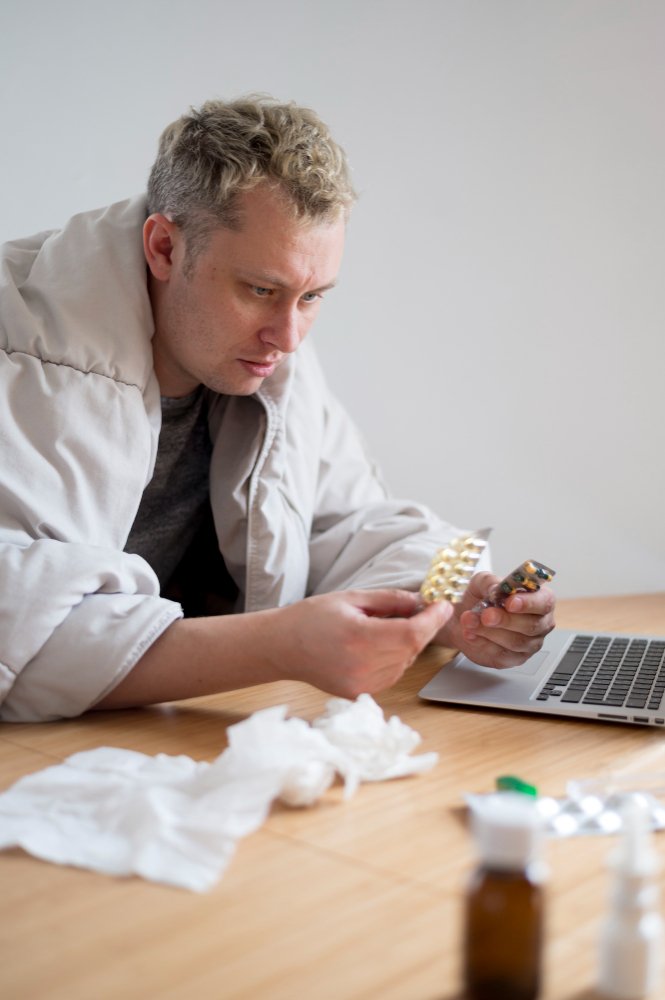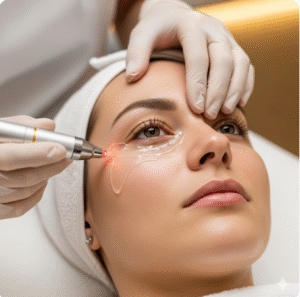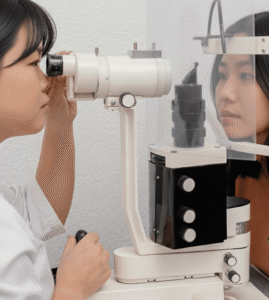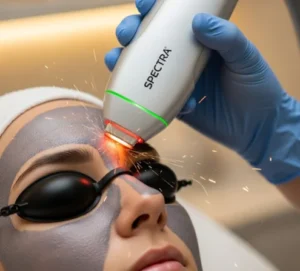Overview
Synthetic cathinone toxicity occurs when a person experiences harmful physical or psychological effects after consuming synthetic cathinones—man-made stimulants chemically similar to cathinone, a substance found in the khat plant. These drugs are often referred to as “bath salts” and can cause severe cardiovascular, neurological, and psychiatric symptoms. Toxicity can result from intentional use, accidental ingestion, or overdose.
What is Synthetic Cathinone Toxicity?
Synthetic cathinones are synthetic stimulants designed to mimic the effects of natural cathinone but are often more potent and unpredictable. They are sometimes sold under misleading labels like “bath salts,” “plant food,” or “research chemicals.” Toxicity happens when high doses or contaminated substances overstimulate the nervous system, leading to dangerous health effects, including psychosis, seizures, and organ failure.
Symptoms
- Agitation, aggression, or paranoia
- Hallucinations or delusions
- Increased heart rate (tachycardia)
- High blood pressure (hypertension)
- Chest pain
- Sweating and hyperthermia (overheating)
- Seizures
- Confusion or disorientation
- Nausea and vomiting
Causes
- Recreational use of synthetic cathinones for euphoric or stimulant effects
- Accidental ingestion of adulterated substances
- Overdose due to unknown potency or mixing with other drugs
- Contamination in illicit manufacturing processes
Risk Factors
- Young adults and adolescents experimenting with recreational drugs
- Individuals with substance use disorders
- Access to illicit drug markets or online drug sales
- Lack of awareness about the dangers of synthetic stimulants
Complications
- Heart attack or stroke
- Severe dehydration and kidney damage
- Hyperthermia leading to organ failure
- Persistent psychiatric disorders such as anxiety, depression, or psychosis
- Death in severe overdose cases
Prevention
- Avoid use of synthetic cathinones or any unknown, unregulated substances
- Education on the risks of “bath salts” and similar drugs
- Stronger regulation and enforcement against illegal drug production and sale
- Support and counseling for individuals at risk of substance abuse
Treatment Options in Korea
In South Korea, treatment for synthetic cathinone toxicity focuses on rapid stabilization and supportive care:
- Emergency Care: Immediate hospitalization for severe symptoms, with airway and breathing support if needed
- Sedation: Benzodiazepines to control agitation, seizures, and muscle spasms
- Cardiovascular Management: Medications to control heart rate and blood pressure
- Cooling Measures: For hyperthermia, including ice packs, cooling blankets, or IV fluids
- Psychiatric Support: Evaluation and treatment for ongoing mental health issues
- Rehabilitation Programs: Substance use counseling, behavioral therapy, and relapse prevention strategies through addiction treatment centers in Korea













